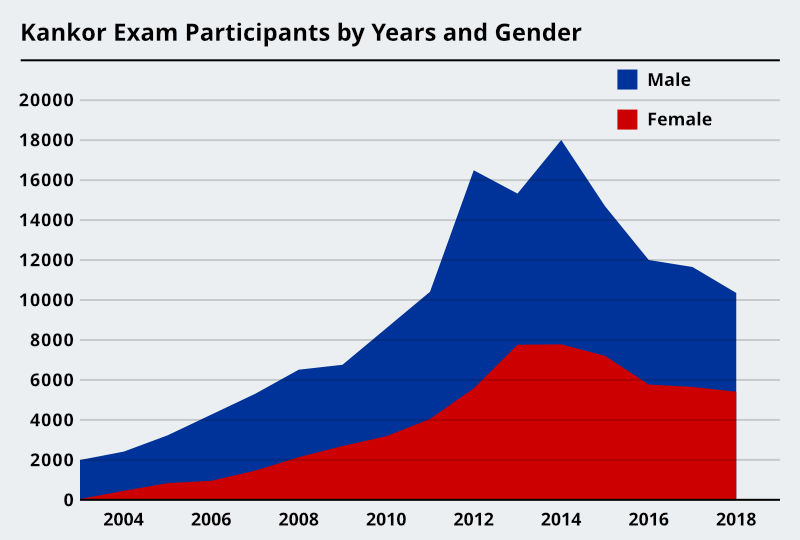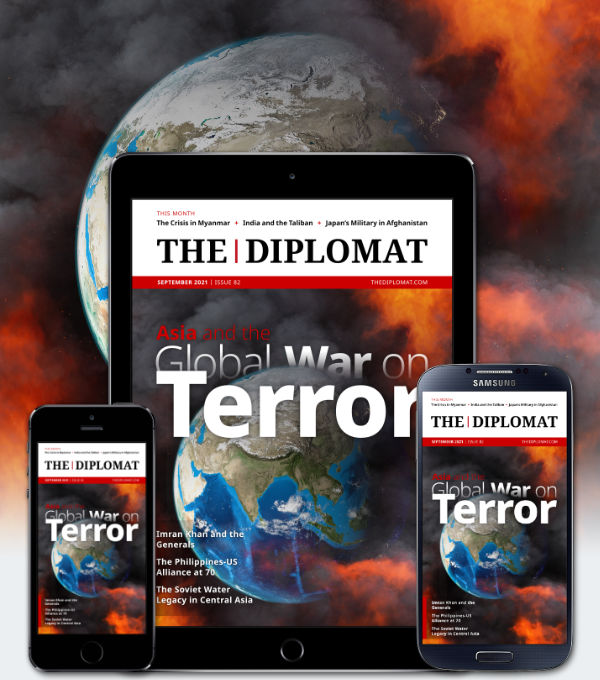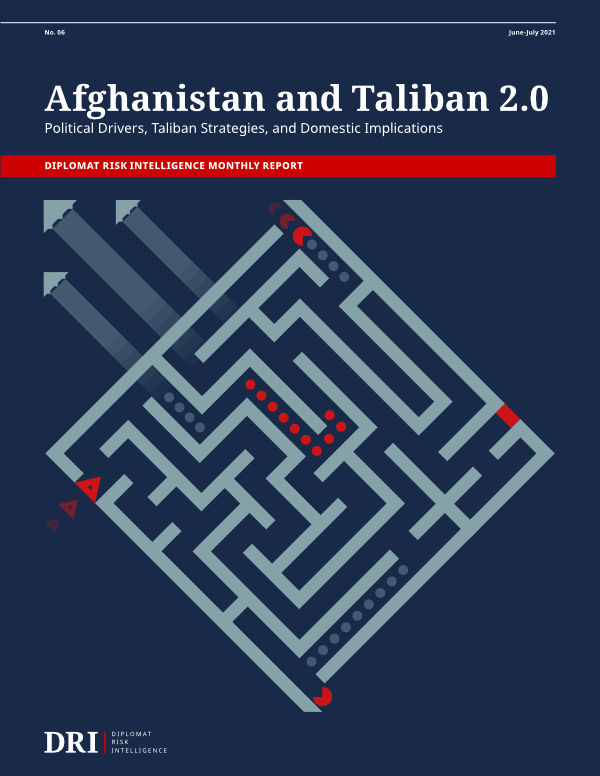| Welcome to the latest issue of Diplomat Brief. This week our top story looks at Iran’s interest in the Shanghai Cooperation Organization as part of its turn toward the East – and away from the West. We also have an interview with David Shambaugh, professor of Asian Studies, Political Science & International Affairs, and director of the China Policy Program in the Elliott School of International Affairs at George Washington University, about his new book tracing China’s political leaders from Mao to now. |
| Story of the week |  | POLITICS Why Is Iran So Keen on Joining the SCO?What Happened: Iran became an observer in the Shanghai Cooperation Organization – originally comprised of China, Russia, and 4 Central Asian republics – back in 2005. In the 16 years since, Tehran has consistently pushed for an upgrade to full membership, particularly after the SCO underwent its first expansion, adding India and Pakistan, in 2017. Now, with new political leadership in Tehran, and China and Russia both expanding their partnerships with Iran, the chances of full membership look better than ever. Our Focus: “Iran has always tried to use its ties with China and Russia as leverage against the Western capitals, receiving diplomatic support, an economic lifeline, and defense equipment from Moscow and Beijing. Tehran’s strategy worked to some extent and, for example, helped it survive crippling sanctions,” writes Fardin Eftekhari is a Ph.D. candidate in the Department of Regional Studies at the University of Tehran, for The Diplomat. “Still, Iran managed to not deviate sharply from its basic slogan in the foreign policy area, ‘neither East nor West.’ However, it seems that the Islamic Republic is changing course by replacing symbolic acts with concrete policies.” What Comes Next: Closer ties between Iran and both China and Russia are built on Tehran’s waning interest in diplomatic engagement with the West. But, as Eftekhari notes, it’s questionable whether SCO membership will actually have any concrete impact on Iran’s diplomacy. However much Tehran touts a “turn to the East,” its focus will very much remain on its rivals in the Middle East – states that China, in particular, is not keen to antagonize. Still, if Iran does get its long-awaited promotion to full member, it would be another sign of a deepening China-Iran-Russia axis. Read this story |
| Behind the News | INTERVIEW David ShambaughDavid Shambaugh, the author of “China Leader’s: From Mao to Now” on the common thread uniting the disparate periods of PRC history: “Despite all of the upheavals and tumultuous events of the past seven decades (which includes the very different leadership styles of Mao, Deng, Jiang, Hu, and Xi), I conclude that the system has been impressively durable and resilient. It is the institutionalized Leninist system—derived from the Soviet Union—that has kept the party in power.” Read the interview |
| This Week in Asia | Northeast Asia Who Will Be Japan’s Next Prime Minister?With PM Suga Yoshihide announcing that he won’t run for re-election in the LDP’s presidential race at the end of September, Japan’s prime minister seat is up for grabs. The usual candidates are in the mix, with former foreign and defense minister Kishida Fumio – the runner-up to Suga last year – looking to be an early frontrunner. The new LDP president will have their hands full from the start, with a lower house election due by November of this year. Find out more | South Asia Taliban Reveal Afghanistan’s New Acting GovernmentThe Taliban announced the line-up of their acting government on Tuesday, with the top post going to Prime Minister Mullah Hassan Akhund, a lesser-known Taliban leader. Notably, all the new officials are men, most are mullahs, and almost all are from the Pashtun ethnic group. So far, the Taliban’s idea of an “inclusive” government seems to be one that represents the various factions within the militant group itself. Find out more | Southeast Asia Myanmar’s Opposition Launches Its ‘D-Day’All eyes will be on Myanmar this week, after the shadow National Unity Government (NUG) announced the beginning of a nationwide uprising to overthrow the country’s military junta. In a video message aired Tuesday, the NUG’s acting president Duwa Lashi La called for a “revolt against the rule of the military terrorists” in “every corner of the country.” The revolt comes ahead of a high-stakes vote next week over who will occupy Myanmar’s seat in the United Nations. It is hard to say what will happen, but based on early reports, there is likely to be a sharp upswing of fighting in the days and weeks to come. Find out more | Central Asia Tajikistan Soon in the Summit SpotlightNext week, the Tajik capital Dushanbe will host the leaders of the Russia-led Collective Treaty Security Organization (CSTO) on September 16, and the Shanghai Cooperation Organization (SCO) on September 16-17. Afghanistan is sure to be a major focus for both groups and the summits will be more closely followed than usual for that reason. Find out more |
|  |





